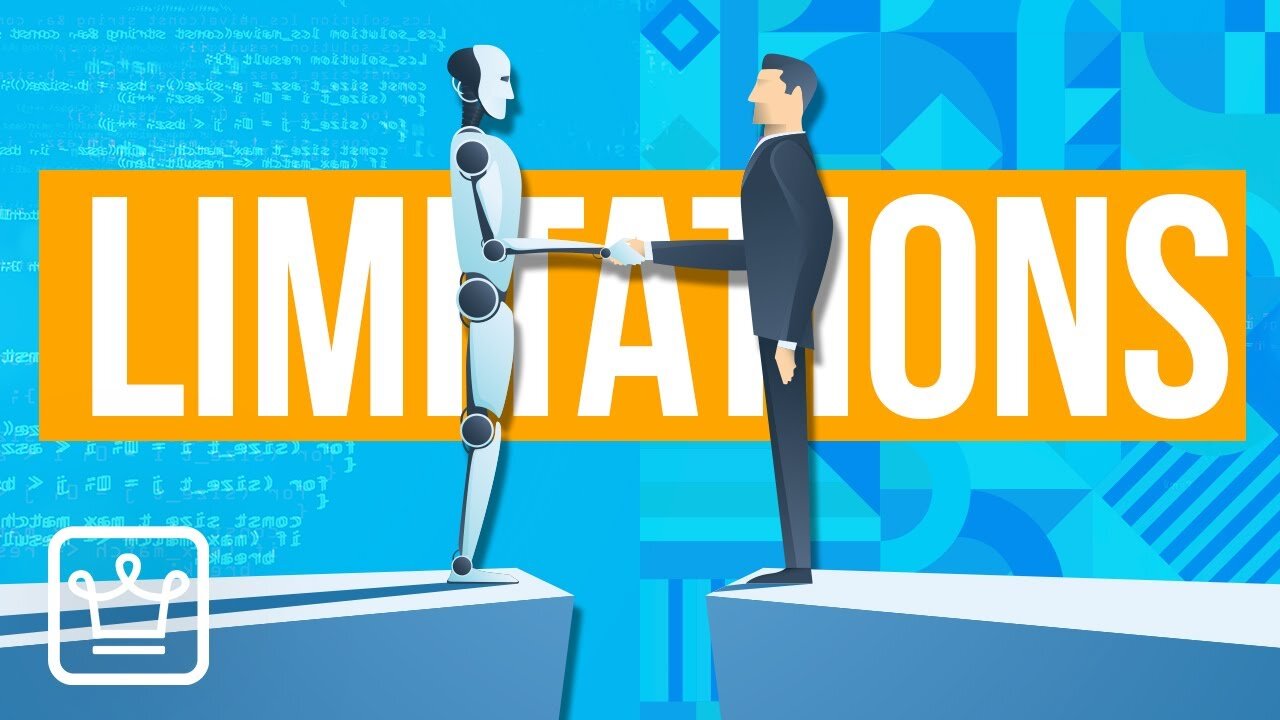Premium Only Content

Unreplaceable Skills: AI's Limits
#bookishears
@bookishears
Unreplaceable Skills: AI's Limits
Creativity: While AI can generate creative content to a certain extent, it lacks true originality and the ability to deeply understand human emotions, culture, and context. Creative fields such as art, music, and literature heavily rely on the unique perspectives and imaginative capabilities of human beings.
Empathy: AI can simulate empathy to some extent by analyzing data and responding with pre-programmed empathetic responses. However, genuine human empathy, with the ability to understand and connect with others on an emotional level, remains a distinctly human skill that is essential in fields like counseling, therapy, and healthcare.
Critical Thinking: Critical thinking involves evaluating information, making judgments, and solving complex problems. AI can assist in data analysis, but the ability to think critically, ask probing questions, and make nuanced decisions based on ethics and context is a uniquely human skill.
Ethical Decision-Making: AI lacks a moral compass and cannot make ethical decisions independently. Humans are responsible for establishing ethical frameworks and making difficult moral judgments, particularly in fields such as law, philosophy, and politics.
Intuition: Intuition often relies on subconscious processing of information and experience-based decision-making. This skill is crucial in fields like investigative journalism, crisis management, and decision-making during emergencies.
Complex Communication: While AI can generate human-like text and speech, it still struggles with understanding nuances, humor, sarcasm, and the emotional subtleties of human communication. Skilled human communicators excel in areas such as negotiation, diplomacy, and public speaking.
Adaptability: Humans possess a remarkable ability to adapt to new and unforeseen situations. While AI can adapt within predefined parameters, it lacks the flexibility and creativity to thrive in rapidly changing environments.
Moral Imagination: The ability to envision and advocate for a more just and equitable world, while considering the ethical implications of our actions, is a uniquely human capacity. It is crucial in fields like social justice activism and policy-making.
Empirical Wisdom: Wisdom gained through years of experience, reflection, and learning from mistakes is invaluable. AI lacks the capacity to accumulate and apply wisdom, particularly in roles requiring judgment and long-term decision-making.
Physical Dexterity and Sensory Perception: AI lacks the physical abilities and sensory perception that humans possess. Professions such as surgery, craftsmanship, and athletics rely heavily on human physical skills and coordination.
While AI is advancing rapidly and can automate many tasks, these skills highlight the areas where human expertise, creativity, and emotional intelligence continue to be irreplaceable. As AI technologies evolve, humans will increasingly collaborate with AI systems to augment their capabilities rather than be entirely replaced by them.
-
 3:28:45
3:28:45
Price of Reason
13 hours agoTrump DELAYS Tariffs With Mexico! Mickey 17 Review! Gavin Newson Hosts Charlie Kirk! GTA6 EXPENSIVE!
35.7K12 -
 2:43:35
2:43:35
TimcastIRL
9 hours agoDemocrats SHUT DOWN Congress Blocking Censure Of Al Green, OBSTRUCT House w/Joe Redden | Timcast IRL
153K66 -
 1:03:27
1:03:27
Glenn Greenwald
13 hours agoUK Pressures Apple to Break Encryption in Major Privacy Clash; How Dems Can Win Back the Working Class: With Former Bernie Sanders Campaign Manager Faiz Shakir | SYSTEM UPDATE #419
87.2K65 -
 47:39
47:39
Michael Franzese
11 hours agoJewelry King Trax NYC EXPOSES How the Powerful Steal from You
89.3K14 -
 2:36:02
2:36:02
Slightly Offensive
11 hours ago $21.43 earnedCandace REDPILLS the Masses in BOMBSHELL Theo Von Interview | Guest: Shane Cashman
64.5K37 -
 2:29:20
2:29:20
DLDAfterDark
7 hours ago $6.09 earnedDLD Live! That Sh... Will Get You K***ed! What To Consider in SHTF
38.7K2 -
 2:15:08
2:15:08
megimu32
10 hours agoON THE SUBJECT: IRL Streamers Attacked & Nostalgic Animal Movies That Made Us Cry
67.5K5 -
 1:00:54
1:00:54
The Tom Renz Show
14 hours agoMore Epstein/FBI, a Scary Trade War, & the Dem Echo Chamber
54.7K11 -
 40:43
40:43
Kimberly Guilfoyle
15 hours agoDems Double Down on Delusion-Why? Live with Tony Kinnett & Bo French | Ep.202
138K43 -
 1:28:42
1:28:42
Redacted News
13 hours agoBREAKING! SOMETHING BIG IS HAPPENING IN EUROPE ALL OUT WAR IS COMING AGAINST RUSSIA, TRUMP FURIOUS
185K353